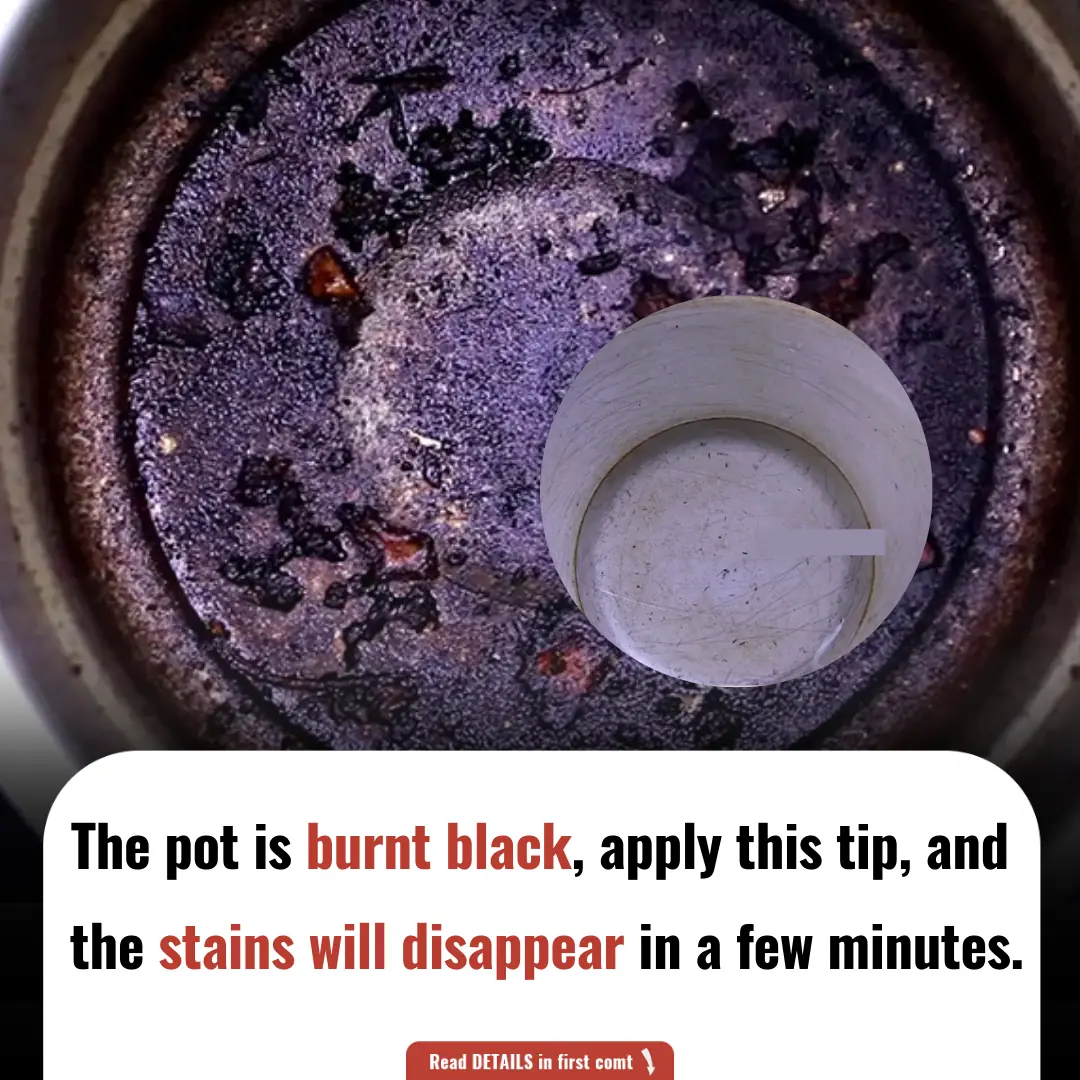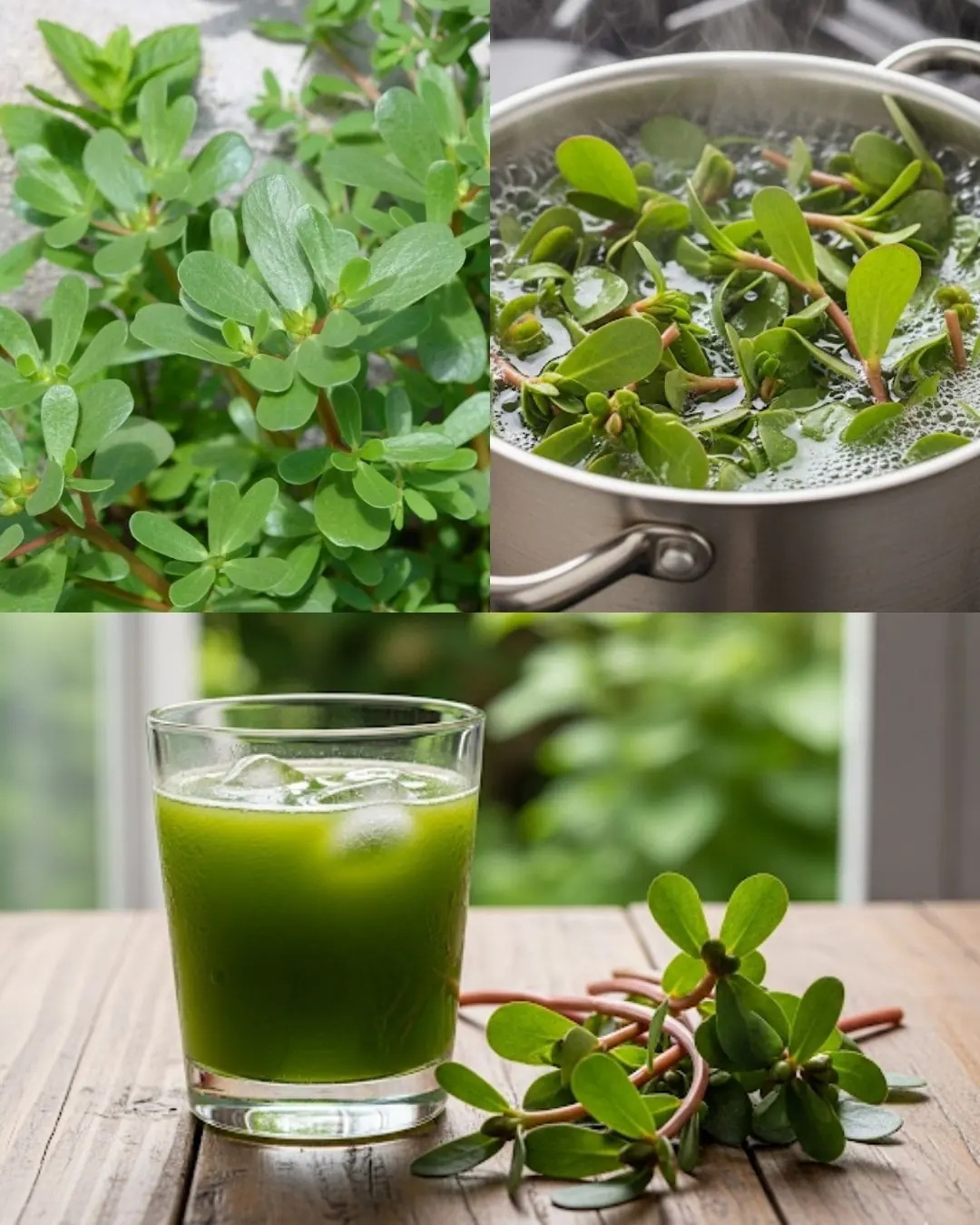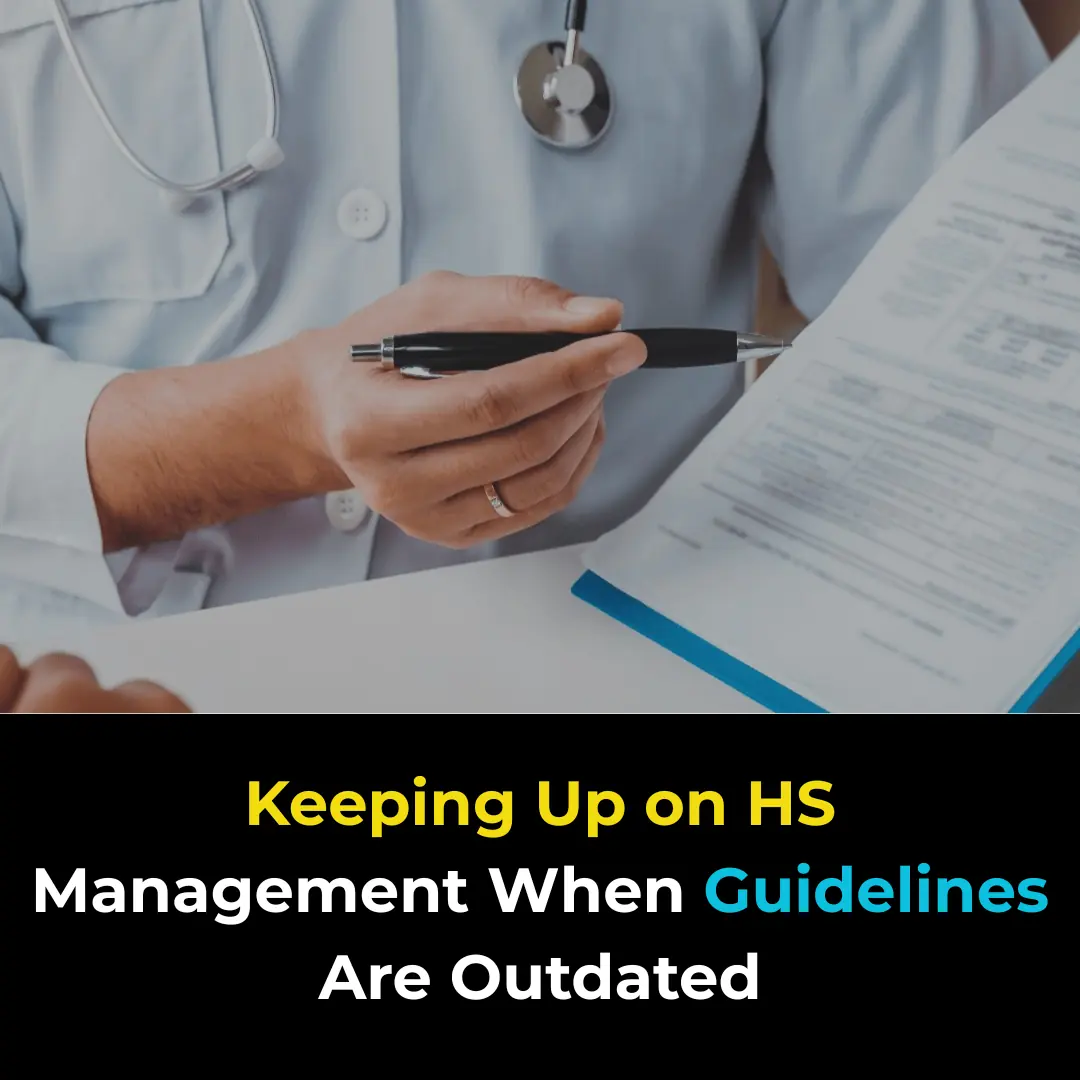
Flight Attendants Reveal Surprising Truth About Coffee Cups on Airplanes
When it comes to flying, many passengers look forward to enjoying a hot cup of coffee during their journey. Whether it’s to help wake up in the morning or simply to relax during a long flight, the idea of sipping a warm beverage mid-air seems comforting. However, there are some lesser-known facts about the coffee served on planes that you might be surprised to learn. Flight attendants, who are in charge of serving meals and beverages, have revealed some intriguing truths about the coffee cups served to passengers. From cleanliness to the quality of the coffee, here’s everything you need to know.
1. The Coffee Quality May Not Be What You Expect
One of the most surprising truths about airplane coffee is that it may not meet the quality standards that you are used to at your favorite coffee shop. While many airlines offer coffee as part of their in-flight service, it’s important to note that the quality of the coffee is largely dependent on the airline's resources, the altitude, and even the water used to make it.
Why is the coffee not as good?
Firstly, coffee on airplanes is typically brewed from pre-packaged coffee grounds, which can affect its flavor and freshness. Flight attendants often report that the coffee served on planes is not the freshest brew, and this is due to the limited ability to store fresh coffee beans on board. Moreover, brewing conditions on planes are quite different from those at your local café. At higher altitudes, the water used to brew the coffee boils at a lower temperature, which can result in a less effective extraction of the coffee’s flavor. The lower air pressure also impacts the taste, making the coffee taste flat or less rich.
What to expect?
While some passengers are content with their coffee experience, others may find the flavor lacking or different from what they are accustomed to. Flight attendants suggest that if you are a coffee enthusiast, you might want to reconsider ordering coffee on the plane and bring your own beverage, especially on longer flights.
2. The Water Used in the Coffee May Not Be as Clean as You Think
One of the most startling revelations from flight attendants is that the water used to make coffee and other beverages on airplanes may not be as clean as passengers might think. The water on airplanes is stored in tanks, and although airlines are required to follow strict regulations about water safety, the tanks are often not cleaned as frequently as one would expect. These water tanks can accumulate bacteria over time, leading to concerns about the quality of the water being used to make coffee, tea, and even hot meals.
The cleanliness of the water tanks
While it’s rare that passengers experience any direct health issues from the water, flight attendants have mentioned that water cleanliness is an ongoing concern. The tanks can be exposed to air and moisture, which can lead to mold or bacteria growth if not properly maintained. Some flight attendants recommend not consuming coffee or hot water-based drinks on planes, especially if the plane has been in service for a long time without proper maintenance.
What can you do?
If you are concerned about the water quality, consider ordering beverages that don’t rely on hot water, like bottled water, soft drinks, or cold beverages, which are less likely to be affected by any water tank issues.
3. Coffee Machines Are Not Always Thoroughly Cleaned
Another surprising truth revealed by flight attendants is that coffee machines on airplanes are not always cleaned as thoroughly as they should be. Airlines are required to perform routine maintenance on coffee machines, but the cleaning process is often rushed due to time constraints during turnaround between flights. As a result, the machines may harbor residue from previous brews, affecting the taste of the coffee.
Why does this happen?
Due to the tight schedules between flights and the high turnover of passengers, flight attendants and ground crew don’t always have the time to clean coffee machines thoroughly. This can lead to a build-up of old coffee oils, which can make subsequent brews taste stale or bitter. Additionally, because coffee machines are used frequently and often under pressure, they may not undergo deep cleaning as regularly as they should.
What to do?
While most people don’t notice these issues, if you are concerned about the cleanliness of the coffee machine, it might be worth avoiding coffee on flights altogether. Choosing other beverages like bottled water, juice, or soda may be a safer bet if you are particular about hygiene and freshness.
4. Flight Attendants Are Often Encouraged to Serve Coffee Quickly
Flight attendants often work under strict time constraints, especially during meal service, which can affect how quickly coffee is served. The priority is to get food and drinks to passengers as efficiently as possible, sometimes leading to less attention being paid to the quality of the beverage.
How does this affect the coffee?
The rapid pace at which coffee is served can lead to inconsistencies in the brewing process. Flight attendants may not always have the time to properly prepare each cup, which can result in unevenly brewed coffee. In addition, with so many passengers to serve, there may be less time spent making sure each cup meets the ideal standard.
What can you do?
If you want a higher quality coffee experience, it may be best to wait until you arrive at your destination and visit a coffee shop. Alternatively, if you need a caffeine boost during the flight, you can consider bringing your own travel mug with pre-made coffee or purchasing a cup before boarding.
5. Flight Attendants Recommend Avoiding Coffee on Early Flights
For those who love their morning coffee, it may be disappointing to hear that flight attendants often suggest avoiding coffee on early morning flights. Why? Because coffee served early in the morning can taste even worse than usual due to the combination of factors including the time of day, the airline’s cleaning schedule, and the fresh brew factor.
Why avoid coffee on early flights?
The coffee served on early flights is typically brewed in bulk before passengers board, and with the combination of pre-packaged grounds and lower-quality water, it can taste even more lackluster. Additionally, coffee brewed earlier in the morning may sit for hours before being served, resulting in an even worse taste.
What to do?
If you’re on an early flight and need your caffeine fix, it might be better to wait until after you land to get your coffee from a cafe or airport lounge. Alternatively, bringing your own coffee in a thermos is a great way to ensure you get a good cup without the disappointment of airplane coffee.
Conclusion
While the idea of enjoying a cup of coffee at 30,000 feet is appealing, flight attendants have shed light on the less-than-ideal reality of coffee on airplanes. From concerns about water quality to the cleanliness of coffee machines, it’s clear that the coffee served on planes may not be up to the standard you expect. If you're particular about your coffee or have concerns about hygiene, it’s worth considering alternative beverages or bringing your own coffee for the flight. After all, your experience on a plane should be as comfortable and enjoyable as possible, and sometimes, that means knowing when to skip the coffee.
News in the same category


Don’t Throw Away Rotten Tomatoes – The More Rotten, the More “Valuable”! Few People Know This, So Share It with Your Family

Treat Premature Gray Hair with a Natural Dye Using Tamarind and Potato – Cheap and Effective!

It's not a snake, this is the "a:ss@ssin" that can crawl out of your air conditioner at home.
Why Should We Not Open the Bedroom Door at Night?

8 Body Language Tips to Help You Appear More Confident

Why Should You Not Close the Door When Using the Air Conditioner?

Why Passengers Must Leave Their Luggage Behind During an Emergency Evacuation

5 'Golden Rules' Pilots Swear By That Everyone Should Follow When Boarding a Plane

Why Do Many People Abroad Hang Their Pants Inside Out with the Waistband Facing Down?

How to Clean a Burnt Pot in Just a Few Minutes: A Simple Solution

Pouring Hot Water into the Kitchen Sink: Thought It Was Helpful but Actually Causes Two Serious Problems

Clogged Pipes? Super Easy Home Remedies Without Calling an Expensive Plumber!

The Golden 4-Hour Window to Drink Coffee for Maximum Health Benefits: Clean Liver, Smooth Digestion, and Balanced Blood Sugar

Mixing Beer with Sugar or Detergent: A Brilliant Solution to a Common Household Problem You Shouldn’t Miss

A Wild Herb That Grows Like Weeds, Used in Soups to Nourish the Liver and Strengthen Joints, Yet Most Vietnamese People Always Pull It Out When They See It

Is It Safe to Eat Rice Left Overnight in a Rice Cooker? A Personal Story and Expert Advice

Drinking perilla and lemon leaf tea brings these amazing health benefits to your body
News Post

Blood Clot in Leg: Signs and Symptoms You Shouldn’t Ignore (Pictures Included)

Weak Toilet Flush with No Suction Power? A Simple DIY Hack from the Pros

Don’t Throw Away Rotten Tomatoes – The More Rotten, the More “Valuable”! Few People Know This, So Share It with Your Family

The Most Effective Ways to Naturally Get Rid of Clogged Ears

30 Powerful Reasons You Should Stop Ignoring Purslane

DIY Aloe Vera and Clove Toner: A Natural Remedy for Aging Signs

Treat Premature Gray Hair with a Natural Dye Using Tamarind and Potato – Cheap and Effective!

Here are 3 coffee drinking habits of many young people that can accelerate aging and cause various health problems

It's not a snake, this is the "a:ss@ssin" that can crawl out of your air conditioner at home.

Most US Neurologists Who Prescribe MS Drugs Take Industry Money

Cognitive Benefit From Ginkgo biloba Monotherapy in MCI

Keeping Up on HS Management When Guidelines Are Outdated

Orlando Bloom explains ‘horrible’ side effects his weight-loss transformation caused

A:dult star reveals the clause written into her contract that helps keep her safe

How Your Body Changes in Your Forties and What It Means for Your Health
Why Should We Not Open the Bedroom Door at Night?

8 Body Language Tips to Help You Appear More Confident

Why Should You Not Close the Door When Using the Air Conditioner?
